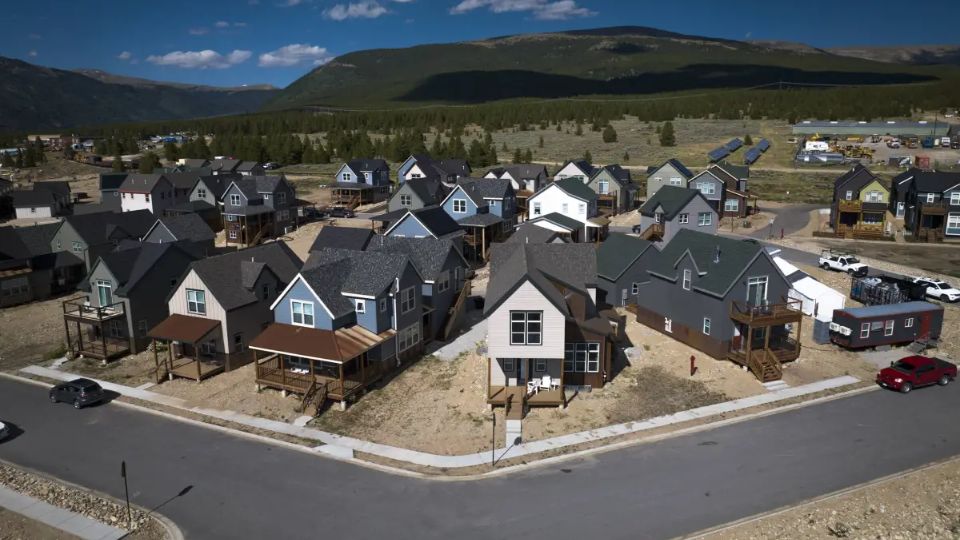Only a few days after a big bill to provide property tax relief was introduced at the state capitol, there is uncertainty about what will happen to some of its important parts. The bill was created after four months of hearings by the state Property Tax Commission, which consists of state and local leaders.
The group had its final meeting on Friday, and some members suggested making significant changes to the 83-page bill. There are less than two weeks remaining in the legislative session.
The current bill draft allows homeowners to exclude ten percent of their home’s value — up to $75,000 — from being taxed. It also lets them delay paying any increases in property taxes until they sell their homes. The commercial assessment is reduced to 25.5% over a period of 5 years.
It would provide full funding for education and partial funding for special districts such as fire and ambulance. However, after three years, other local governments would not receive any additional financial support. Now, some commissioners are suggesting a simpler plan: limiting the increase in property tax revenue to 6 percent for all local governments, without any additional funding.
Also Read: Colorado at First in the Nation for Vehicle Theft
“I believe that implementing a reasonable limit instead of making significant cuts that would need to be compensated for is a sensible idea for us. This means that we won’t be forcing local governments to make deeper cuts in the future. Instead, we will establish a growth cap to control future growth,” explained state Rep. Chris deGruy Kennedy.
However, state Sen. Chris Hansen believes that implementing a cap would primarily help wealthy homeowners and is considered too risky.
“One major disadvantage of caps is that they do not account for inflation. This means that if there is a year with high inflation, there will be a difference between the assessed value and the actual value of something.” “That has been a major issue in California, and I want to ensure that Colorado does not make the same mistake,” he said.
Some commissioners also suggested that the tax relief currently in place this year should be extended to next year.
According to state economists, this would result in local governments receiving over a billion dollars less in property tax revenue. Hansen explains that the state has only around $350-$400 million available to make up for the lost revenue. As a result, he believes that schools would be negatively affected.
The legislative session will finish on May 8.



Leave a Reply